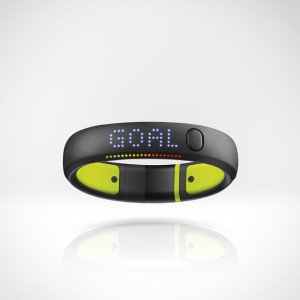 A study led by scientists at the University of Pittsburgh has found that people who wear fitness trackers may lose less weight than people who don’t.
A study led by scientists at the University of Pittsburgh has found that people who wear fitness trackers may lose less weight than people who don’t.
As reported in JAMA, the study followed 471 overweight adults between 18 and 35 years old for two years. The group was put on a low-calorie diet for six months, instructed to increase their physical activity, and were counseled and sent text message prompts. After another six months, half the group was given trackers — a commercial device worn on the upper arm — and the other half would just self-report. Everyone attended regular check-in meetings.
After two years, the people who didn’t use trackers lost an average of 2.7 kg more weight than the subjects who wore the trackers. Both groups ended the study in better shape than they started, with no significant differences between them. (Remarkably, three quarters of the people who started the study finished with it, which is a pretty high figure for a two-year behavioral study.)
The result doesn’t mean that people who wear trackers lose less weight. It means that trackers don’t do the work: people do.
Study authors reported receiving honoraria from Weight Watchers International, and one author was lead investigator on a study funded by Jawbone.